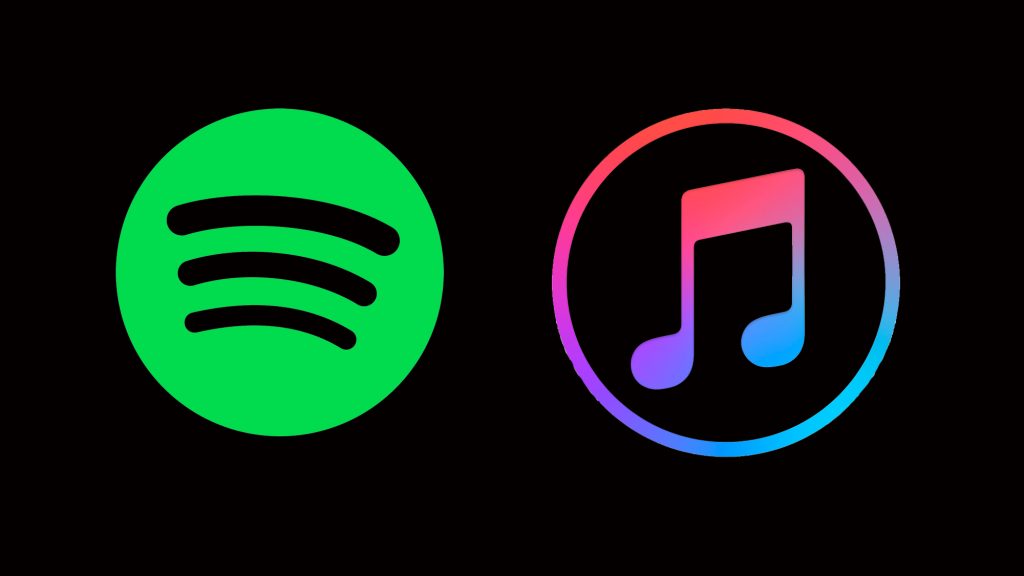
Apple has been fined €1.84 billion (about $2 billion) by European Union antitrust regulators for its App Store regulations, and it has been informed that it cannot prevent music providers from offering lower-cost subscription options outside of Apple’s stores. The Financial Times first reported today’s penalties, which comes ahead of Apple’s massive shakeup of iPhone app distribution restrictions as a result of the EU’s Digital Markets Act.
In a press release issued on Monday, the EU Commission stated that its investigation revealed that “Apple prohibits music streaming app developers from fully informing iOS users about alternative and cheaper music subscription services available outside of the app,” as well as preventing app providers from sharing instructions on how to subscribe to such offers.
“For a decade, Apple abused its dominant position in the market for the distribution of music streaming apps through the App Store,” stated Margrethe Vestager, Executive Vice-President in charge of Competition Policy. “They accomplished this by prohibiting developers from advising customers about alternative, cheaper music services accessible outside of the Apple ecosystem. This is illegal under EU antitrust regulations, therefore we penalised Apple over €1.8 billion today.”
The Commission stated that it considered the “duration and gravity of the infringement” when determining the punishment, as well as Apple’s overall turnover and market capitalization, while also accounting for “incorrect information” given by Apple throughout the administrative procedure.
“This decision sends a powerful message — no company, not even a monopoly like Apple, can wield power abusively to control how other companies interact with their customers,” Spotify stated in reaction to the court’s finding. “Apple’s regulations prohibited Spotify and other music streaming services from directly communicating with their consumers about different benefits, including how to upgrade and the cost of subscriptions, promotions, discounts, and a variety of other perks. Of course, Apple Music, a rival to these apps, is not exempt from similar conduct.”
Apple also released a harsh rebuttal to the verdict, claiming that the Commission failed to “discover any credible evidence” of customer harm or anti-competitive behaviour. The business also claims that Spotify seeks to “rewrite the rules of the App Store” to obtain competitive advantages while paying nothing to Apple, despite Apple noting that the App Store is critical to Spotify’s present market dominance. Apple plans to appeal the judgement.
The EU’s probe began in 2020 and was publicised after Spotify filed an antitrust complaint against Apple for its so-called “Apple Tax.” In addition to protesting about the 30% charge, Spotify criticised App Store restrictions that it said restricted contacts with users and hindered its ability to sell and promote promotions.
Over time, the commission’s probe has focused on App Store restrictions that prohibit developers from informing consumers about alternatives to Apple’s own payment methods. In February 2023, the commission stated that its “preliminary view” was that Apple’s “anti-steering obligations” were “unfair trading conditions” and that its App Store restrictions were “neither necessary nor proportionate,” may result in consumers paying more, and limited consumer choice.
Apple has made some compromises. In 2021, it said that developers might promote payment alternatives outside of the iOS app through communications like as email. Then, in early 2022, it began allowing developers to link to their own websites from within the iOS applications. However, this second amendment only applied to so-called “reader apps” for services like as Netflix, Kindle, or Spotify, which are primarily meant to enable access to digital material, and developers were required to obtain a “entitlement” before adding an external connection. According to Bloomberg, which previously reported on the EU’s antitrust penalties, Spotify criticised Apple’s regulatory modifications as “just for show.”
Spotify and Epic call Apple’s iOS tweaks ‘a mockery of the DMA’.
The EU penalties comes as Apple prepares to revamp its app distribution policies in the EU in order to comply with the Digital Markets Act (DMA), which will enable third-party software markets on the iPhone for the first time on March 7th. However, app developers have criticised Apple’s policy, which includes charging up to 17% commission for developers who use their own payment method or connect to their own website, as well as an annual €0.50 cost per app install beyond the first million. Spotify referred to the modifications as “an unworkable alternative that will stifle [developers’] businesses immediately.”
Spotify also wrote an open letter on March 1st, co-signed by 33 other firms and groups, that expressed concerns about Apple’s DMA compliance. In the letter, Spotify said that the EU’s response to the plan would “serve as a litmus test of the DMA and whether it can deliver for Europe’s citizens and economy.”
Meanwhile, US courts determined that Apple must enable developers to link to other payment methods in response to a legal challenge by Fortnite maker Epic Games. However, when Apple began allowing developers to connect out, it maintained that it would still receive a cut of up to 27 percent of any digital transactions – a little decrease from its standard 30 percent fee. Apple’s detractors criticised the moves, with Spotify claiming that they demonstrated that Apple “will stop at nothing to protect the profits they exact on the backs of developers and consumers under their app store monopoly.”
Along with its inquiry into Apple’s App Store practices, the European Commission has been investigating into Apple’s policy of limiting the iPhone’s tap-top-pay NFC (near-field communication) to its own wallet and payment services. As a consequence of the study, Apple has agreed to allow third-party mobile wallet and payment companies to use the iPhone’s NFC technology for payments.
